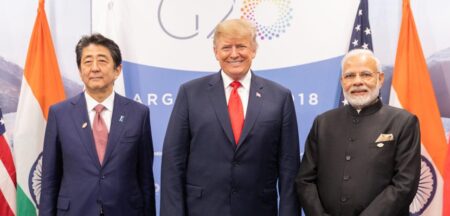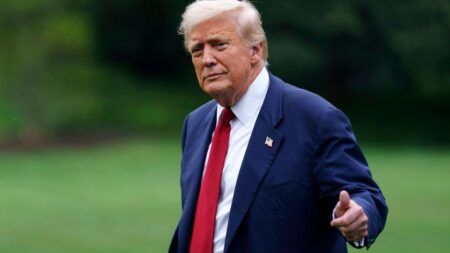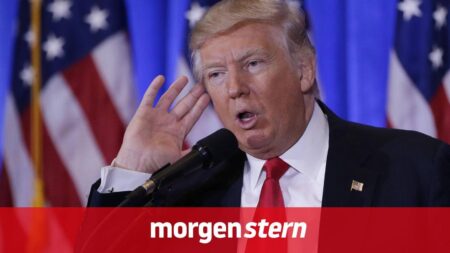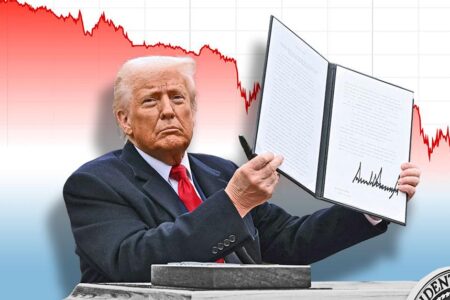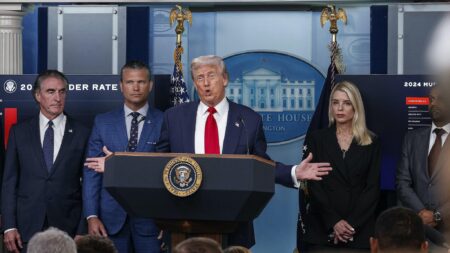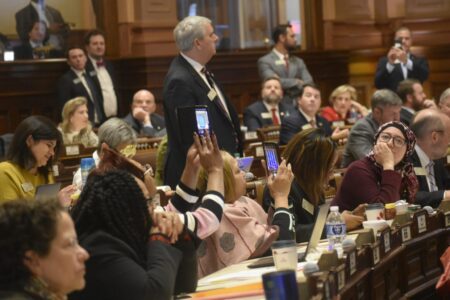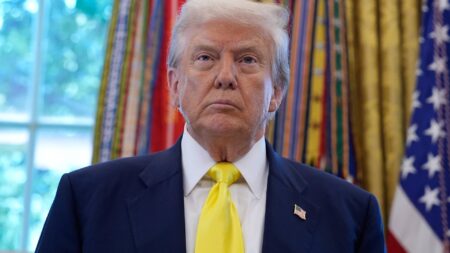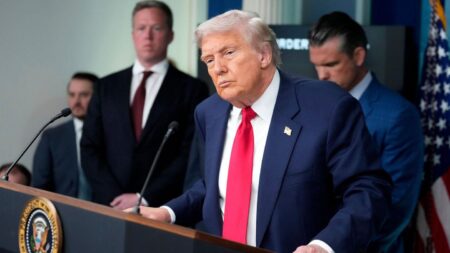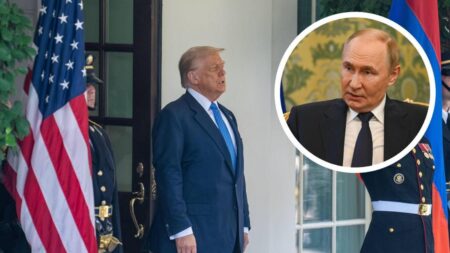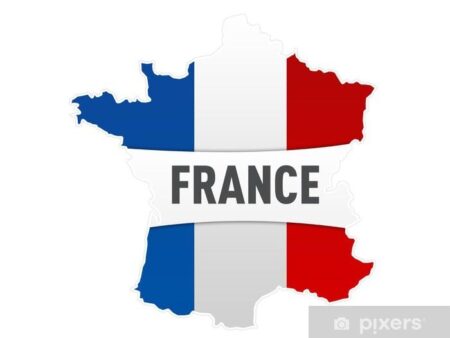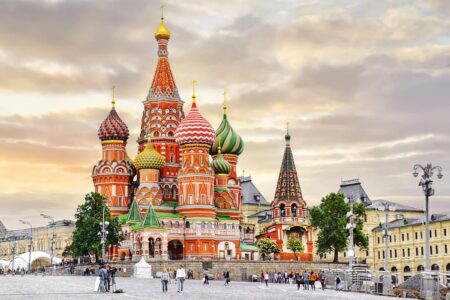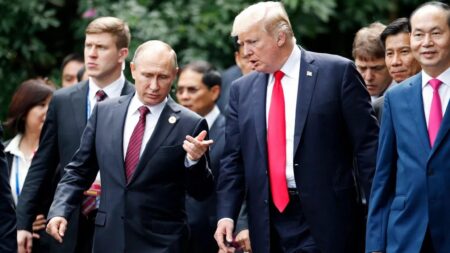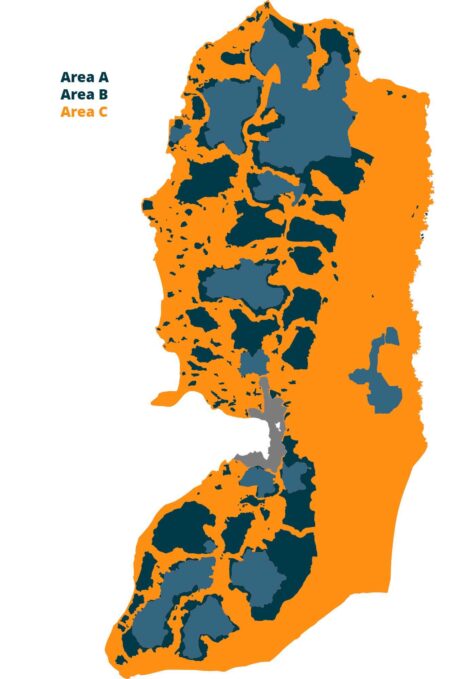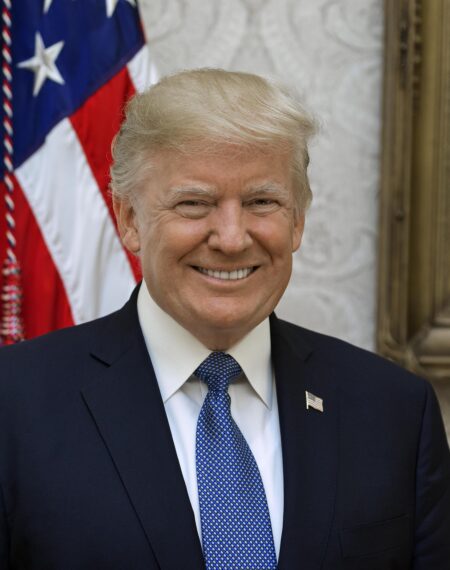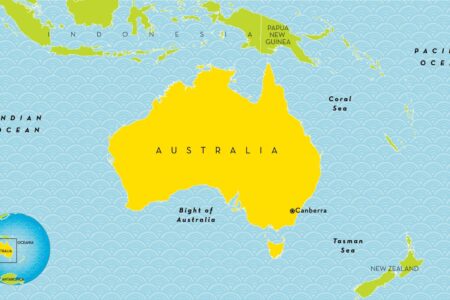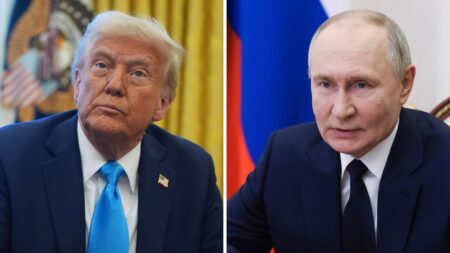China views the U.S. Golden Dome radar system as a game-changing strategic asset that significantly enhances American missile defense throughout the Indo-Pacific. Experts caution that it alters the regional power dynamics and vastly expands surveillance capabilities
Browsing: Geopolitics
Tensions between India and the United States have surged dramatically under Trump’s administration, threatening to unravel years of carefully built partnership progress. Experts are now raising serious doubts about whether this crucial strategic alliance can survive the growing diplomatic pressures and policy clashes
In his latest column, The Washington Post uncovers how former President Trump’s policies and rhetoric have surprisingly strengthened Russia and China, dramatically reshaping U.S. global influence amid rising geopolitical tensions
A former Trump appointee boldly challenged the ex-president to “demand” the return of U.S. land from Russia, sparking a fiery debate amid rising geopolitical tensions. This daring call highlights increasing pressure for the U.S. to take a stronger, more assertive stance
Former President Donald Trump fiercely criticized U.S. tariffs on India related to Russian oil imports, calling them a “big blow” to Moscow. He highlighted how these actions are significantly hurting Russia’s economy and promised to enforce even harsher penalties if necessary
Former President Donald Trump delivered a powerful warning of “severe consequences” if Russian President Vladimir Putin obstructs peace efforts in Ukraine, underscoring the urgent need for a swift and decisive resolution, Reuters reports
Behind Europe’s anguished statements on Gaza lies a gripping diplomatic dance, where leaders grapple with urgent humanitarian crises while skillfully balancing strategic alliances and striving to preserve regional stability amid the escalating conflict
Lawmakers are urging former President Trump to stand behind the AUKUS security pact with Australia and the UK, emphasizing its vital importance in maintaining stability across the Indo-Pacific region and countering China’s expanding influence, Defense News reports
Spain boldly defies Trump’s defense demands and takes a strong stand on China, expertly steering through a complex web of alliances and economic interests as global tensions rise
Former President Donald Trump is preparing for a high-stakes showdown with Vladimir Putin in Anchorage, Alaska. This critical meeting will tackle pressing geopolitical issues, highlighting security and energy cooperation as global tensions continue to escalate
Trump’s economic policies targeting India have strained bilateral ties, inadvertently strengthening China’s grip on the region. Experts warn that these trade disputes may perfectly align with Beijing’s broader strategic ambitions in Asia
Australia is rallying Indo-Pacific allies to stand united amid escalating regional tensions, harnessing strong diplomatic bonds and strategic partnerships. Can Canberra take the lead in forging a powerful alliance to tackle pressing security and economic challenges?
Former US President Donald Trump has boldly vowed to champion the return of Ukrainian territory in his upcoming talks with Vladimir Putin. His declaration comes amid rising tensions over Russia’s ongoing invasion of Ukraine
France, Germany, and the UK are preparing to slam new sanctions on Iran as nuclear talks reach a frustrating standstill, the Financial Times reports. This move underscores growing Western impatience with Tehran’s relentless nuclear pursuits
Russia has made impressive battlefield advances in Ukraine, strategically positioning itself to gain greater leverage ahead of upcoming talks with former President Trump. This bold move highlights Moscow’s deliberate strategy to enhance its influence in the diplomatic arena
The upcoming Trump-Putin summit is grabbing global headlines as tensions soar to new heights. Meanwhile, fresh U.S. tariffs on India spotlight a transforming trade landscape, unveiling the evolving dynamics of international alliances
West Bank locals have warmly welcomed Australia’s bold move to recognize Palestine, calling it “amazing.” This historic decision marks a significant turning point in international support amid the ongoing Israeli-Palestinian conflict, reports the Australian Broadcasting Corporation
India finds itself in the spotlight of U.S. scrutiny, despite its crude oil imports remaining unsanctioned. Washington is sharply focused on New Delhi’s energy ties with Russia, underscoring the intricate geopolitical tensions that go well beyond simple oil trade
Australia has made a bold move by announcing plans to recognize the Palestinian state, joining a growing wave of nations supporting Palestinian sovereignty. Meanwhile, New Zealand is said to be considering a similar diplomatic step, signaling shifting dynamics across the region
Former President Trump’s bold initiatives toward India echo the strategic tactics of China’s Xi Jinping, spotlighting a rising tide of coercive diplomacy that is reshaping the intricate relationships among the U.S., India, and China, experts reveal


